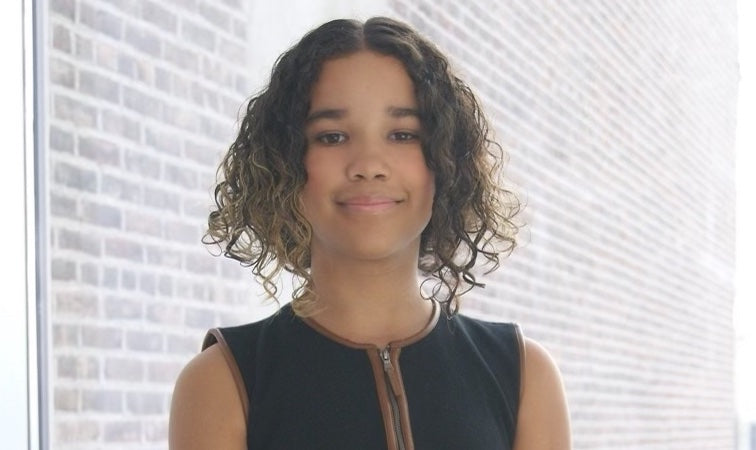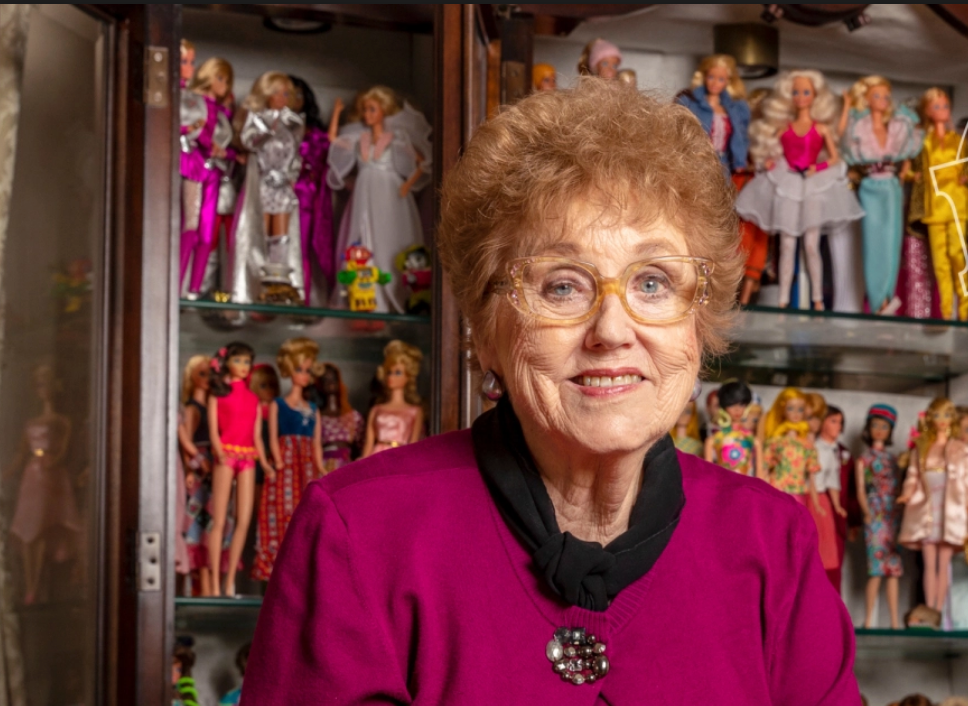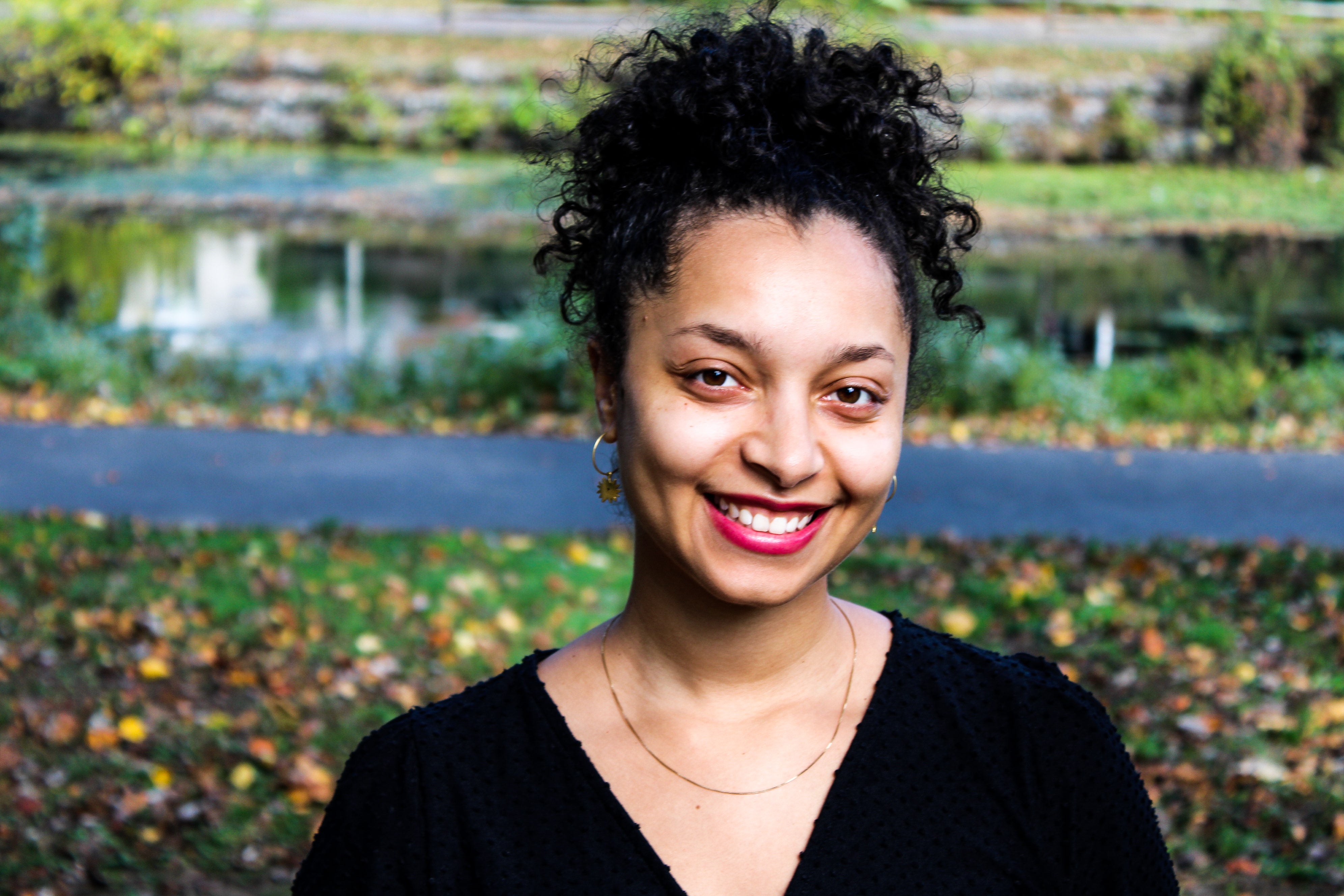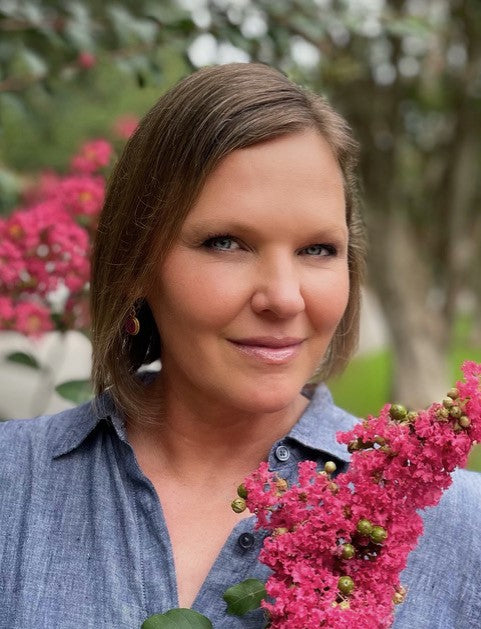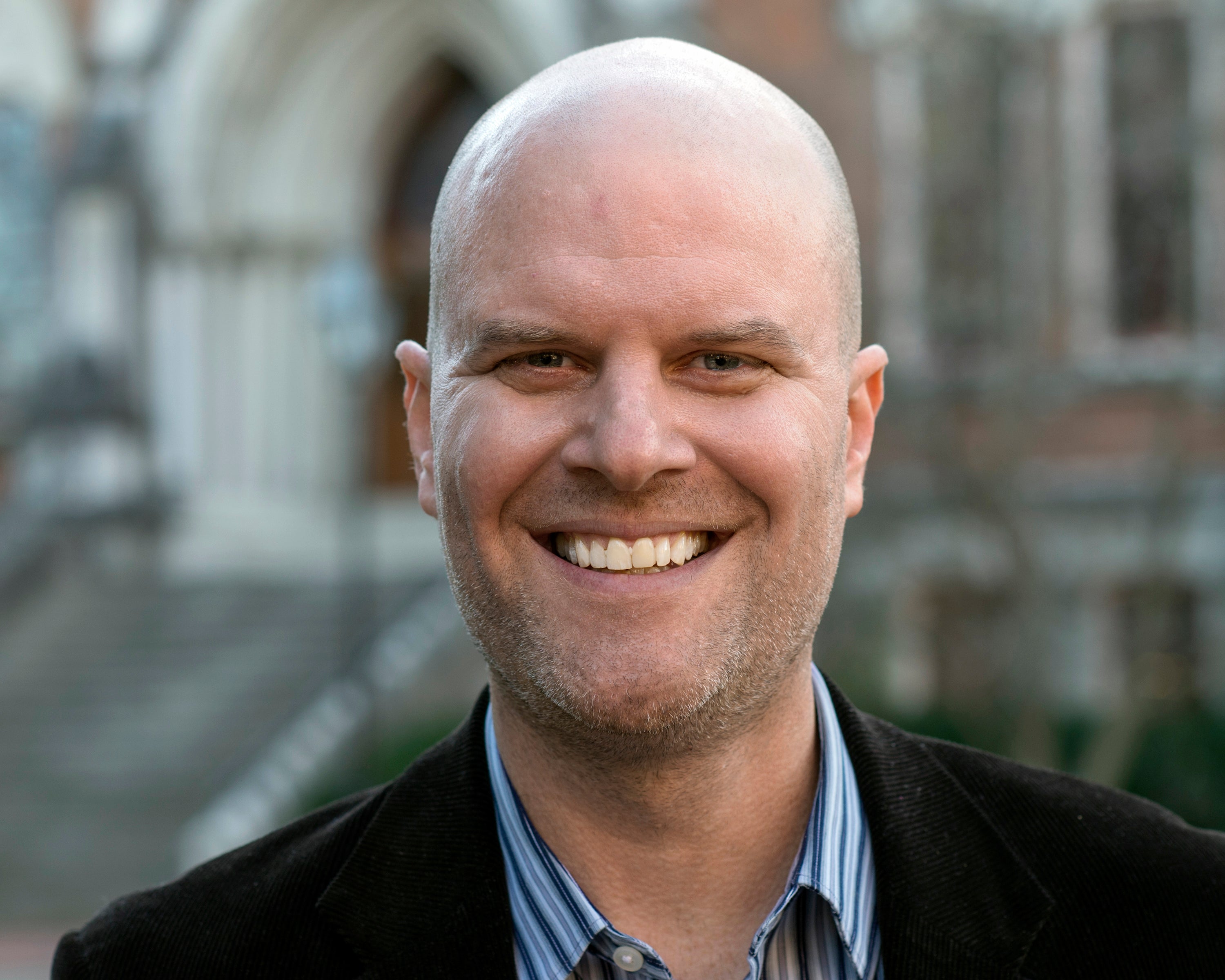
Author Bio:
1. Why do you feel that books like AFRICAN ICONS are so needed today?
The contributions that African people and African countries made to world history has been totally ignored. I had no idea that there was such a strong trade and diplomatic history between African and European peoples going back for centuries. It really recasts the idea of the "dark" continent as a fiction that was created to justify enslaving people. It's important that everyone understands the full historical record because we are still dealing with the racism that has resulted from leaving out parts of humanity.
2. Who are some African icons that you admire and why?
The women were the most interesting to me, particularly Kandake Amanirenas, Tin Hinan, and Queen Idia. It was fascinating to read about Amanirenas going toe to toe with a Caesar. Her military strategy and diplomatic prowess were amazing, as was her boldness. Sending golden arrows to Caesar as a gift if he's a friend, and as extra weaponry if he decides to be an enemy. That's badass.
There's so much poetry in Tin Hinan's story. The idea of her heading out on the dunes, finding livable space, and then bringing people to settle it is incredible by itself but the fact that it may have helped to establish the Saharan Trade Routes makes her amazingly forward-thinking.
Another forward-thinker was Queen Idia who saw that the Portuguese were determined to make their way to African countries along the coasts, so she prepared her son for this eventuality, and did everything in her power to make sure that he would inherit the throne.
3. Have you ever been to Africa? If so, where and if not, where would you like to go first?
I haven't yet, but I would love to visit Timbuktu and see the madrassas. It would be incredible to walk through a city that was a hub for world scholarship in the 15th century. I'd also love to visit the Ahmed Baba Institute. They have been working to recover and preserve thousands of hand-illuminated manuscripts that were hidden during French colonization.
4. What did you learn about yourself while writing AFRICAN ICONS?
That I'm a better researcher than I thought. It's definitely not my area of expertise, so I struggled. But I was also determined to find and verify the facts.
5. During your research for this book, what would you say was the most eye-opening thing you learned about pre-colonial Africa?
If you wanted to understand law, philosophy, mathematics, etc. you went to Mali and studied at one of the madrassas in Timbuktu. The curriculum was very particular, and completing a degree required years (sometimes a decade) of study in all of the various subjects. The scholars who came out of Timbuktu were the most learned in the world at the time. It hurts me that people don't know that.
6. How have you grown as an author from your first published work to this one?
I'm definitely more willing to take risks now.
7. What’s your best advice for getting over writer’s block?
When one story is stuck, I work on something else, or go for a walk or a nap. I think we don't give our subconscious enough down time to process things for us. What we call writer's block is just a message to take a break.
8. What’s the best book you have read this year so far?
May I have two? For kids, The Troubled Girls of Dragomir Academy by Anne Ursu; for adults, Ring Shout by P. Djeli Clark.
9. Do you plan on writing more books in the future?
I am always writing. I have a chart on the wall to manage all the projects I'm working on at once, and it's always at least five. I don't know why I'm this way. One day I'll learn to work on one thing at a time. I hope.
Places To Find More From This Author:
Instagram: @traceybaptistewrites
Twitter: @TraceyBaptiste
Youtube: Tracey Baptiste
Website: www.traceybaptiste.com
Get Your Copy of African Icons Today!


